Getting extra rest, drinking fluids and taking over-the-counter medications can help your little one bounce back
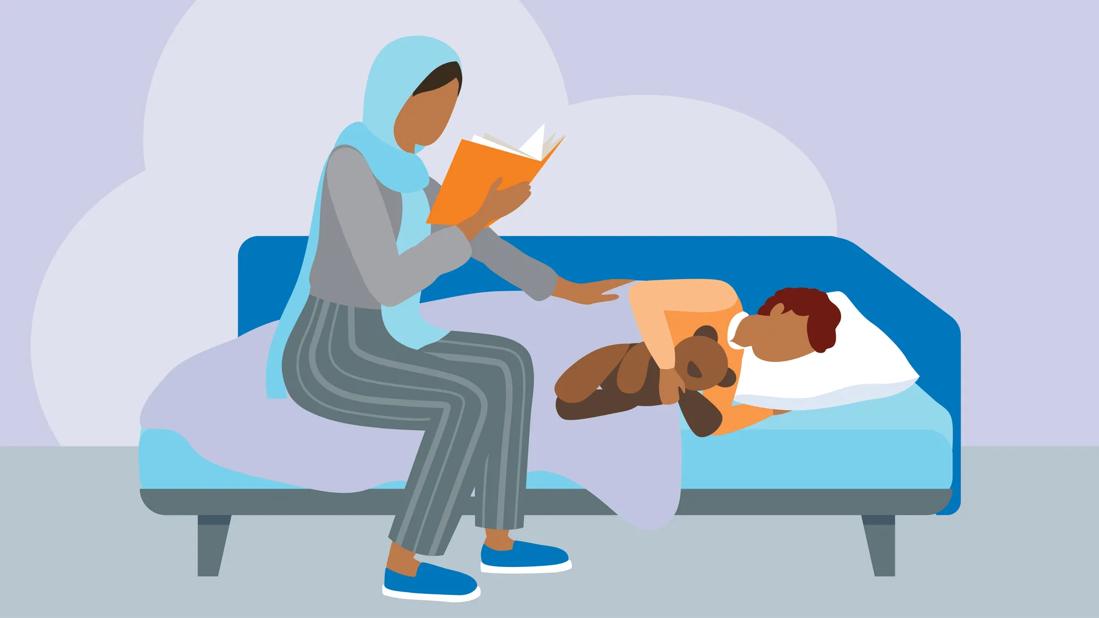
If you have a young child at home, it’s likely they’ll catch respiratory syncytial virus (RSV) before their second birthday. So, when that time comes, it’s best to have a game plan.
Advertisement
Cleveland Clinic is a non-profit academic medical center. Advertising on our site helps support our mission. We do not endorse non-Cleveland Clinic products or services. Policy
Let’s put one together with the help of family physician Neha Vyas, MD, and pediatrician Kristin Barrett, MD.
Video content: This video is available to watch online.
View video online (https://cdnapisec.kaltura.com/p/2207941/sp/220794100/playManifest/entryId/1_snm1zo4t/flavorId/1_5f3sgelj/format/url/protocol/https/a.mp4)
Let’s start with the bad news: There’s no magic pill or antibiotic that can knock out RSV. It’s a virus that needs to run its course. In most cases, RSV symptoms (like a runny nose and cough) may last for a week or two before going away.
But here are a few things you can do to help your little one’s recovery process and make them feel more comfortable along the way.
It’s often said that rest is the best medicine — and that prescription definitely applies to children with RSV.
A little downtime will help your child conserve energy to help their immune system fight off the virus, says Dr. Vyas. Keep them home from daycare or school and try to minimize their activities.
If your kid is tired and wants to catch some ZZZs, let them. “Prioritizing sleep will allow for a quicker recovery, so maintain a proper nap and bedtime schedule,” she notes.
RSV can gunk up your child’s airways as their immune system ramps up mucus production, says Dr. Barrett. All that congestion — especially in their nasal passageways — can make breathing more difficult.
The solution? “It’s all about secretion management,” she adds. (That’s the technical medical term for “snot removal.”)
Advertisement
For babies and younger children who haven’t yet mastered blowing their noses, that means sucking out the excess mucus. A nasal aspirator or other suction device can help you keep their congestion in check.
Nasal saline sprays can also help thin out mucus and loosen congestion to make breathing easier. Running a humidifier or a steamy shower or a bath may help, too.
Dehydration is a common complication of RSV, so it’s important to get fluids into your child, emphasizes Dr. Barrett.
Congestion may make it more difficult for infants to breastfeed or drink from their bottle. If you notice them taking in less at their regular feedings, increase the number of times you offer breast milk or formula to try to maintain their overall fluid intake.
For older children, make sure they’re drinking enough water. Electrolyte solutions (such as Pedialyte®) can help them replenish minerals lost through perspiration and illness.
Soup or broth is also a good way to keep your kid hydrated, while also supplying needed nutrients.
It’s important to keep an eye on your child’s temperature, emphasizes Dr. Vyas. “Temperatures above 100.4 degrees Fahrenheit (38 degrees Celsius) are concerning and should be brought to the attention of your healthcare professional.”
Over-the-counter medications with acetaminophen or ibuprofen may be used to reduce fevers in children aged 6 months or older. Talk to your pediatrician about what may be safe to use. DO NOT USE aspirin or cough and cold medication.
Maintaining a comfortable room temperature also may help ease symptoms in an overheating child. Cooling cloths or gel packs can bring relief, too. Ditto for a blanket if they start to shiver.
While most RSV cases resemble the common cold, the illness can become worse. Much, much worse. It sometimes leads to serious conditions such as bronchiolitis or pneumonia that make breathing a challenge.
Complications from RSV typically hospitalize 2% to 3% of babies younger than 6 months old, according to the U.S. Centers for Disease Control and Prevention (CDC). (Younger children are more at risk, given respiratory systems that are still developing.)
Watch your child closely to gauge whether their RSV is taking a concerning turn. If they’re struggling to breathe or begin wheezing, get in to see your healthcare provider for an assessment.
“If you see them sucking in at their ribs while they breathe, or it looks like they're using their neck or shoulder muscles to take in a breath, that’s a sign they need medical attention urgently,” stresses Dr. Barrett.
Advertisement
Other warning signs include:
RSV symptoms often peak three to five days into the illness — but be aware that a child’s condition can change swiftly, too. There can be variations in how your child is doing hour to hour.
“If you’re concerned at all, it’s never the wrong answer to call your pediatrician or make an appointment,” she advises.
Advertisement
Learn more about our editorial process.
Advertisement

RSV can lead your child to develop pneumonia and have trouble breathing

The first year of the RSV immunization program brought promising results

Respiratory syncytial virus spreads easily through respiratory droplets spewed out by those who are infected
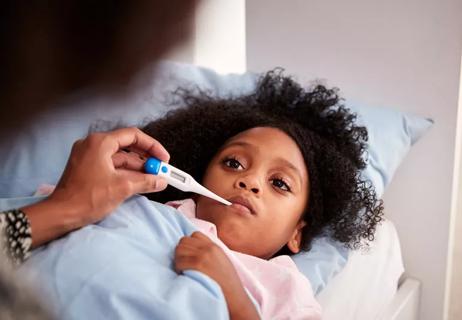
It comes down to a wheeze, a fever and long-term effects
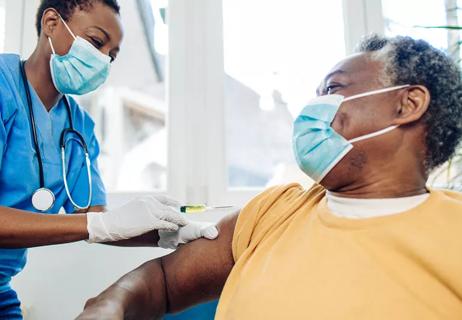
Adults 60 or older, pregnant women and babies may be eligible for protection against RSV
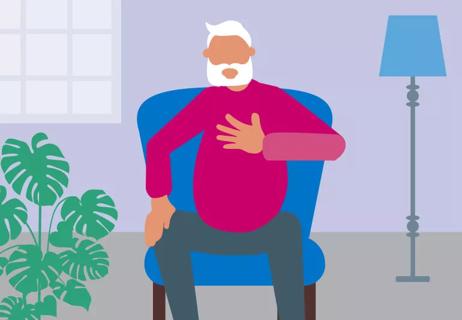
Taking extra precaution during RSV season can be lifesaving
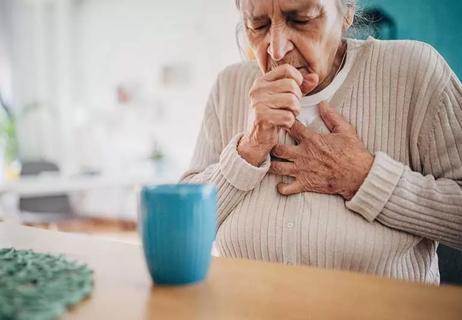
Our most at-risk populations are still highly affected by RSV
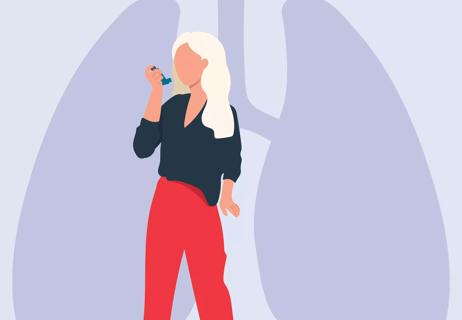
People with certain pre-existing medical conditions have increased risk factors

Wearing a scarf, adjusting your outdoor activities and following your asthma treatment plan can help limit breathing problems

Your diet in the weeks, days and hours ahead of your race can power you to the finish line

When someone guilt trips you, they’re using emotionally manipulative behavior to try to get you to act a certain way